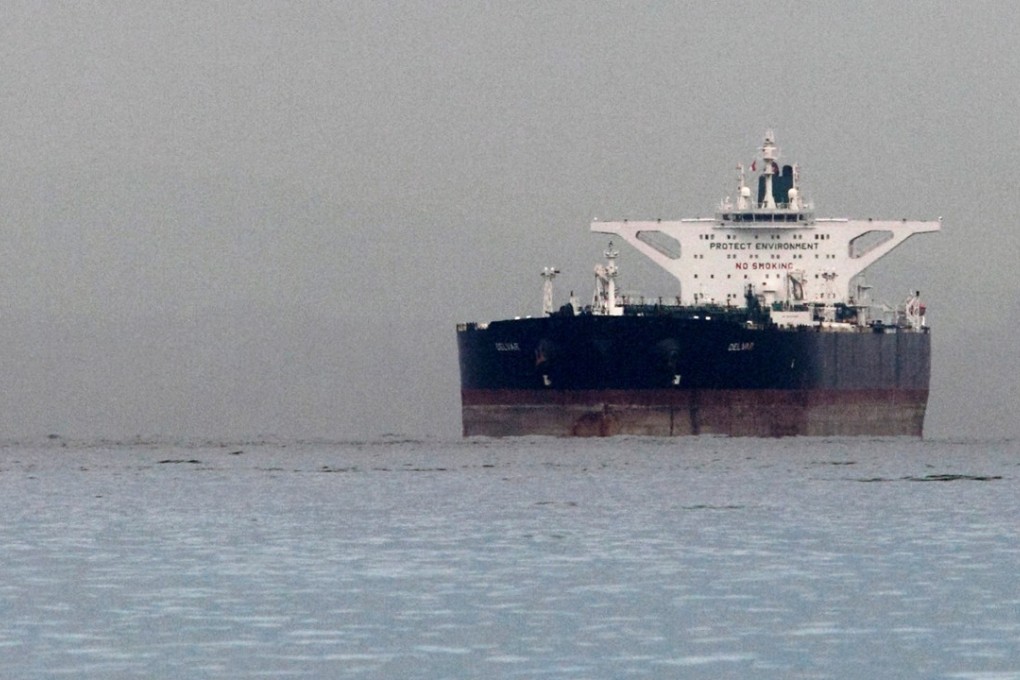US to reimpose all sanctions on Iran – but China may have exemption to keep buying oil
- Eight nations will be allowed to continue buying oil from Iran at reduced levels without breaching the US sanctions
- They were not named by US Secretary of State Mike Pompeo but are expected to include South Korea, Japan, India and possibly China

The Trump administration on Friday announced the reimposition of all US sanctions on Iran that had been lifted under the 2015 nuclear deal – but with an exemption for eight oil-buying nations that could include China.
The United States will also add 700 individuals and entities to its Iran blacklist and pressure the global SWIFT banking network to cut off Tehran when the sanctions are put back in place next week, US officials said.

Eight countries will be able to continue importing Iranian oil at lower levels in order to avoid upsetting global crude markets when the sanctions take effect on Monday, Secretary of State Mike Pompeo and the other US officials said.
Unusually, Pompeo did not name the eight, other than to say the European Union is not among them. South Korea, Japan and India are expected to get a reprieve, however, and possibly China.
All are among Iran’s biggest oil customers, and they have argued that stopping their purchases immediately would cause oil prices to spike worldwide.